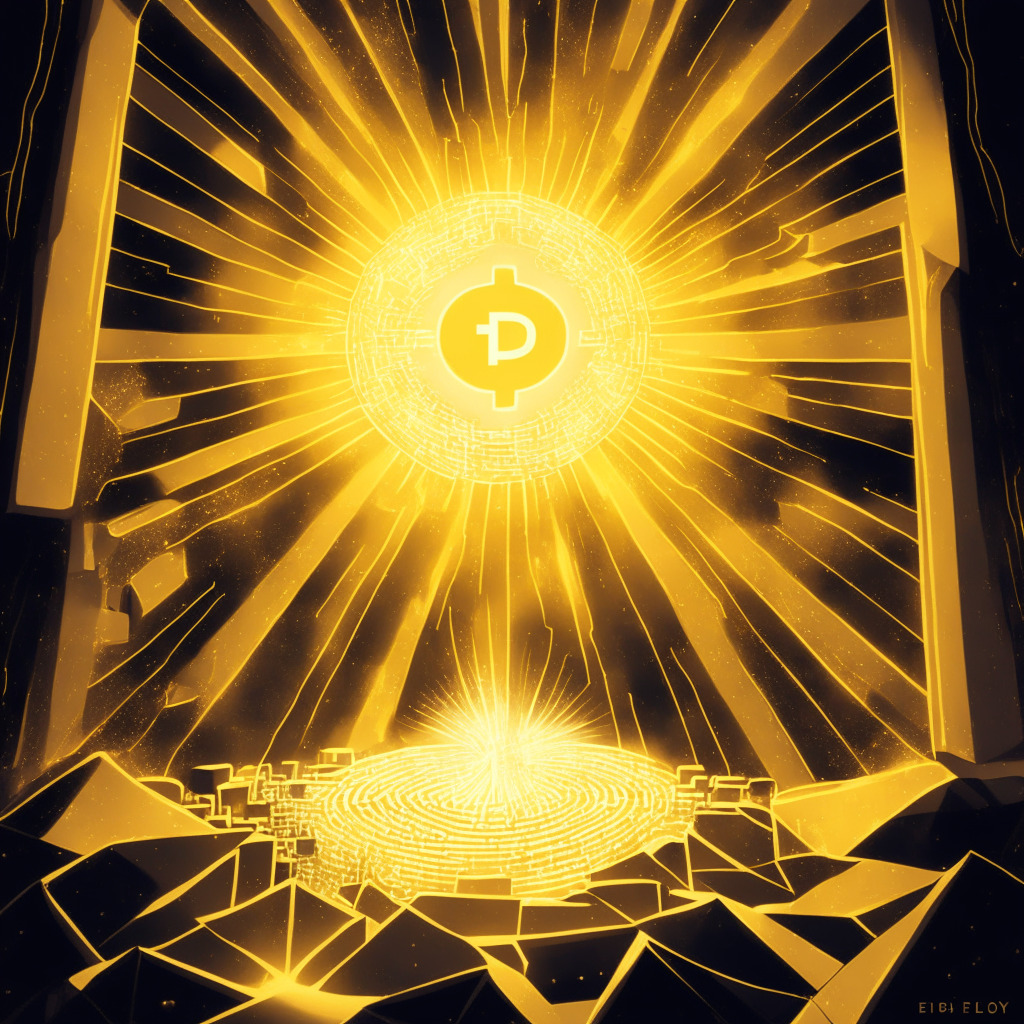The world of blockchain is always evolving, with Ethereum launching a new testnet called ‘Holešky,’. This network is expected to be used for staking, infrastructure and protocol-development, according to developer documents. A commendable allocation of 1.6 billion ETH has been made to validators on Holešky’s launch day to bootstrap the network into operation. This is ten times the amount of ETH on the Ethereum mainnet, indicating confidence from the developers.
Previously, the Goerli testnet was the tool of choice for new staking, infrastructure, and protocol developments. However, limited supply of ETH on Goerli was a concern for protocol developers who found it increasingly difficult to satisfy the extensive testing needs. This is where Holešky steps in, with an initial supply of ETH that is expected to alleviate this problem considerably.
Ethereum’s future plans involve a host of features designed to reduce fees and make running a node less expensive. All these prospective technological advancements need to be tested on a testnet before they can be implemented on the mainnet. Given its large supply of ETH, Holešky seems well-equipped to aid in this process, serving as a practical platform for this crucial experimentation. However, as is the case with many blockchain ventures, there can be unexpected hurdles and challenges that cannot be predicted, meaning the success of Holešky is far from guaranteed.
The blockchain landscape is also witnessing enterprises like BitGo and Swan Bitcoin planning to establish a Bitcoin-only trust company in the United States, pending regulatory approval. This enterprise will handle Bitcoin custody, administration and management — activities typically performed by a trust company, on behalf of its beneficiaries.
The proposed institution will cater to a variety of institutional investors including asset managers, pension plans, and family offices, along with governments and company treasuries. As the crypto space continues to rapidly grow in the United States, so too does the demand for robust custody solutions by institutional investors. Hence, the timely introduction of this entity can potentially fulfill this growing demand.
However, the idea of a Bitcoin-only trust, though novel, may place limits on the kind of services the company can provide given the rapidly expanding array of altcoins on the market. This could potentially leave a gap in the market for companies looking to branch out beyond Bitcoin and explore the wide world of alternative cryptocurrencies.
Source: Cointelegraph



